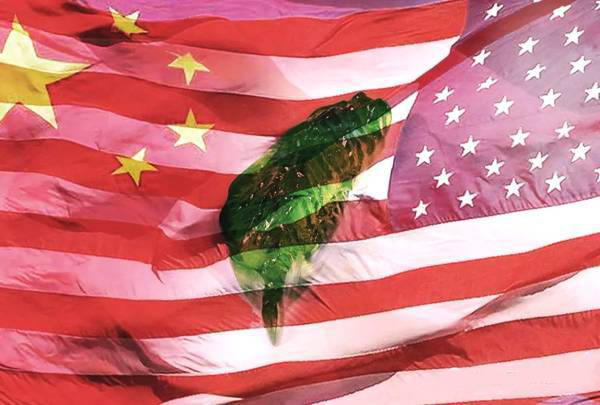
In an interview with NPR on Sept. 20, Foreign Minister Joseph Wu said, “Taiwan will not seek full diplomatic relations with the United States at this time” and that in the event of a conflict across the Taiwan Strait, “Taiwan will not rely on U.S. intervention.” This is completely different from what the Democratic Progressive Party has always proclaimed, causing a significant uproar.
During her presidential campaign last year, President Tsai Ing-wen said in a CNN interview that “we would hope that after withstanding any first wave of attacks ourselves, other countries throughout the world would stand up in unison and put strong pressure upon China in response.” Since then, the message from the Tsai government, intentionally or unintentionally, has been that “if the CCP uses force in the Taiwan Strait, the United States will intervene.”
There is a reason for the Democratic Progressive Party’s current stance. The Trump administration’s assistant secretary of state for East Asian and Pacific affairs, David R. Stilwell, who has long been a supporter of the DPP, said in a meeting of the Senate Foreign Relations Committee on Sept. 17, “The U.S. takes no position on sovereignty over Taiwan.* This is part of the ‘back and forth’ between China and Taiwan. The fundamental U.S. interest is that the Taiwan question be resolved peacefully, without coercion, and in a manner acceptable to the people on both sides of the Strait.* [The U.S.] leaves the sovereignty issue to the two sides of the Taiwan Strait to decide.”
What is most worth noting is that Stilwell said this during the Senate hearing, and it was brought up repeatedly in conversation between Stilwell and pro-Taiwan senator Ted Cruz. He stressed that the issue is “best left for the two sides of the Taiwan Strait to decide.”** Following the spark set off three weeks ago by Stilwell’s declassification of President Ronald Reagan’s Six Assurances on military sales to Taiwan, this has become the latest testimony. This is the reason for Joseph Wu’s words on Sept. 20, saying that Taiwan will not press for the establishment of full diplomatic relations and will not rely on the United States to intervene in the conflict in the Taiwan Strait, a glaring contrast to the DPP’s long-held expectations in the past.
On Sept. 23, Sen. Marco Rubio, a supporter of the DPP, told the Hudson Institute, “I do believe that eventually it [Taiwan] is a red-line issue for China, and eventually… they will move by force, if necessary, to exert their claims on Taiwan.” He stated that “we should help Taiwan not to win an all-out conflict against China, that’s not possible.” His suggestion is to raise the cost of military adventurism on the Chinese Communist Party to a level such that the CCP is not willing to initiate conflict after assessing the risk and benefit.
In fact, Rubio’s suggestion had already been mentioned by Hao Pei-tsun back when Hao had been the president of the Executive Yuan,*** and Hao’s proposal had been even more extensive. At that time, regarding cross-strait issues, the idea was to avoid provoking the CCP while maintaining appropriate preparations in the form of military armaments. In this way, it would be possible to uphold peaceful cross-strait relations without expending too many resources on the military aspects. Later, Ma Ying-jeou’s administration adopted the same policy.
The sudden change in the attitude of U.S. foreign policy should not be surprising. After all, there have always been indications of this, and this is far from the first time this has happened. However, the DPP’s insistence on charging blindly forward may lead Taiwan into an unknown and unpredictable abyss.
*Editor’s note: The author appears to have conflated remarks made by David Stilwell on two different occasions: (1) a presentation to the Heritage Foundation on Aug. 31, 2020 and (2) testimony before the U.S. Senate Foreign Relations Committee on Sept. 17, 2020. While accurately translated, portions of this quoted statement could not be independently verified.
**Editor’s note: Although accurately translated, remarks by David Stilwell following his prepared statement to the Senate Foreign Relations Committee, including those quoted as having been made in conversation with Sen. Cruz, could not be independently verified.
***Editor’s note: The Executive Yuan is the executive branch of the government of Taiwan.

Leave a Reply
You must be logged in to post a comment.